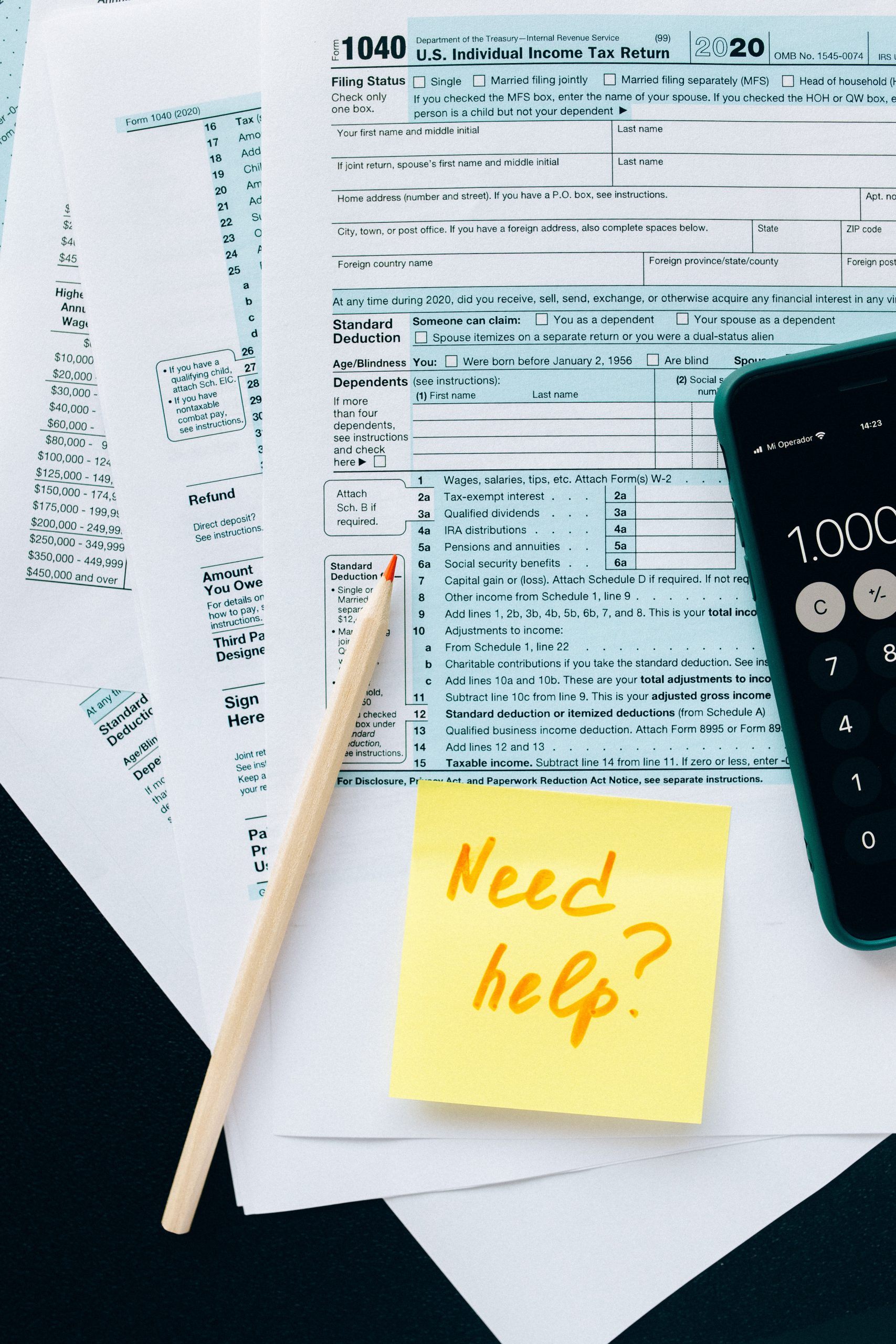“Philadelphia is a city of neighborhoods, and there’s a lot of pride,” says Wayne W. Williams, assistant professor in the Department of Accounting at the Fox School.
Williams is a member of the City Council’s new Tax Reform Working Group, applying his knowledge and expertise in accounting to research the city’s tax history. With the rest of the group, Williams will work to develop an action plan that will help in directing the city’s five-year financial plan and the 2023 fiscal budget. Their goal is to create an equitable and inclusive tax program that addresses changes to taxing work and leisure activities brought on by the pandemic and to create opportunities for communities, removing barriers to doing business in the city.
“We’re looking to create equitable tax policies where residents are participating in the decision-making as well,” says Williams. “We have the ability to do more outreach in terms of using technology that can reach a broader base to make sure that they are participating and getting more involved in the work of city government.”
Investing in public infrastructure projects benefits the city as a whole. Creating new ways to move through the city opens up possibilities for engagement between small businesses and customers, like increasing foot traffic through neighborhoods and creating spaces for outdoor events.
“We have the chance to do neighborhood enhancements,” says Williams. “We’ve done things with infrastructure like making walking and biking paths across the city. These are quality of life issues that would be attractive to a diverse demographic.”
Infrastructure is a human investment, and it’s one of the key areas of interest for the working group. Other considerations include human capital investments beginning with public safety concerns, access to college and the arts while making the city more tax-friendly to businesses that create well-paying jobs. The last tax reform efforts spurred job creation, but the majority of the jobs were low-paying.
The working group is addressing the tax implications of a growing remote workforce and similar cultural shifts in spending brought on by the pandemic. A significant rise in work-from-home employment meant that some workforces no longer entered the city to conduct their business, raising questions about their tax status. Nexus, a tax law term, currently imposes business taxes on employers located in Philadelphia but non-resident employees are eligible for a refund of wage taxes. Rob Dubow, the city’s Finance Director, has estimated that 15% of commuters will never return, costing the city $100 million annually in lost wage tax revenue.
“It’s a more mobile workforce and a mobile lifestyle regardless of age demographic,” says Williams. “We’re trying to figure out how to create a tax structure that is simple to comply with and equitable, but flexible and adaptable to this new environment.”
The working group will produce several key deliverables as a result of the project, including the results of a city-wide community survey, video presentations contextualizing the current tax code and a report containing recommendations for changes to be implemented.

